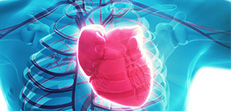
Better known as heart attacks. These occur when blood flow stops to a part of the heart causing damage to the heart muscle

Heart defects since birth
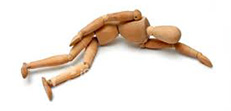
A sudden loss of consciousness or fainting. This is usually related to temporary insufficient blood flow to the brain and most often occurs when the blood pressure is too low(hypotension) and the heart doesn’t pump a normal supply of oxygen to the brain
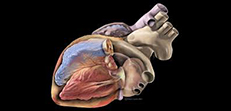
A condition where the heart muscle is abnormal. The main types of cardiomyopathy include dilated, hypertrophic and restrictive cardiomyopathy. This makes it harder for your heart to pump and deliver blood to the rest of your body.
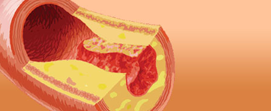
A condition that refers cholesterol and other abnormal level of blood lipids. The most common type of dyslipidemia is hyperlipidemia, or high lipid levels. These can greatly increase the risk for heart diseases.

Commonly known as high blood pressure in which the long-term force of the blood against your artery walls is high enough that it may eventually cause health problems, such as heart disease.
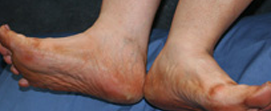
These are circulation disorders that affect blood vessels outside of the heart and brain

With a high glucose level, diabetes patients are at great risk for heart diseases and strokes
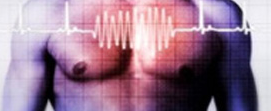
Arrhythmias occur when the electrical signals to the heart that coordinate heartbeats are not working properly.
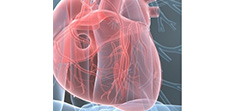
Valvular heart disease is characterized by damage to or a defect in one of the fourheart valves: the mitral, aortic, tricuspid or pulmonary.
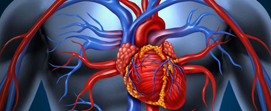
Also known as congestive heart failure. This occurs when your heart muscle doesn’t pump blood as well as it should.
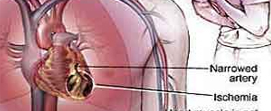
Better known as heart attacks. These occur when blood flow stops to a part of the heart causing damage to the heart muscle

Angina is chest pain or discomfort that occurs if an area of your heart muscle doesn’t get enough oxygen-rich blood